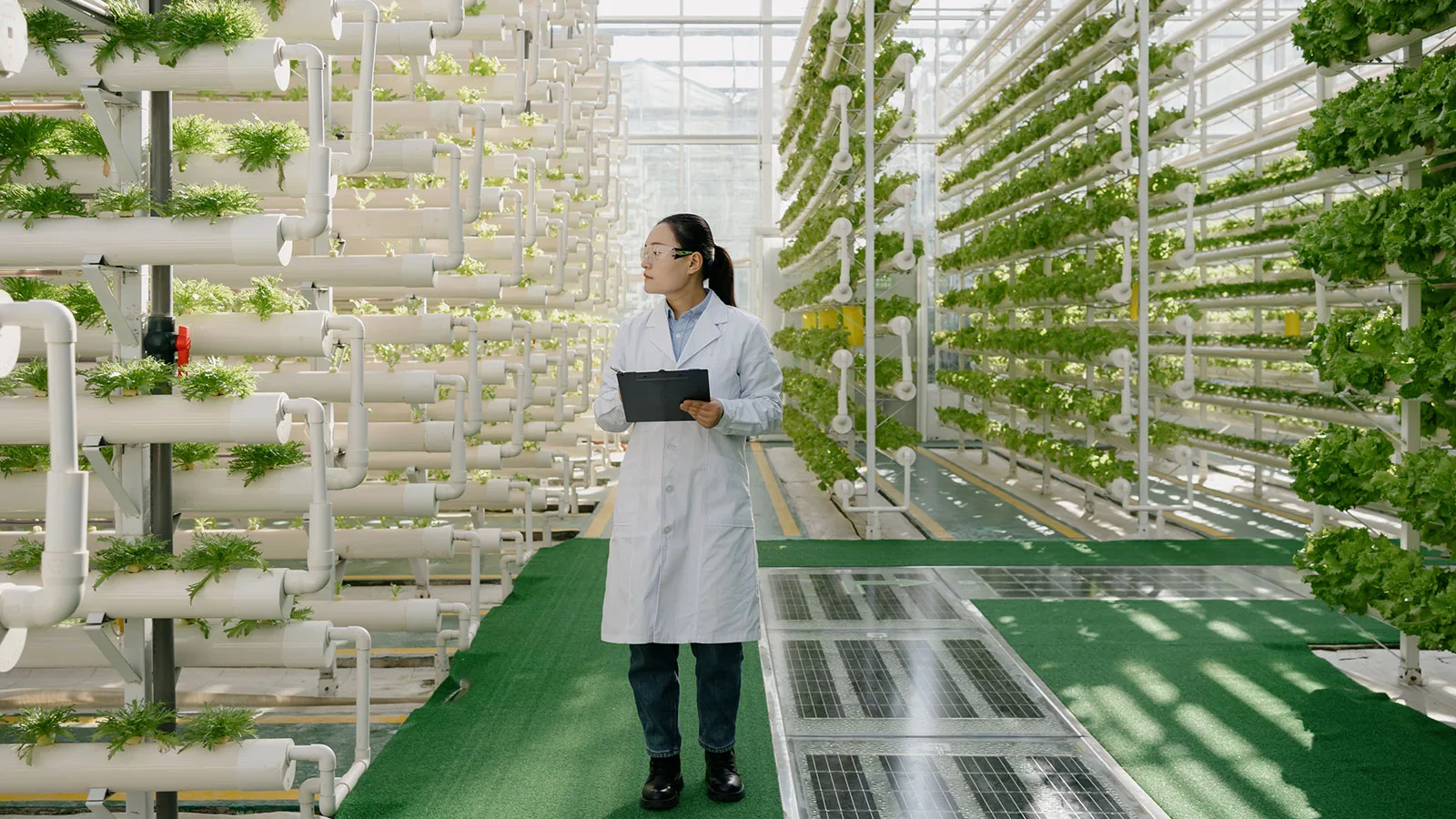
Successful Co-investment Models that Transform Global Agrifood Systems
How did your country report this? Share your view in the comments.
Diverging Reports Breakdown
Successful Co-investment Models that Transform Global Agrifood Systems
The Compendium presents 15 co-investment cases that illustrate the private sector’s critical role in helping to transform global agrifood systems. These cases showcase viable, scalable solutions that directly support the goals of the five UNFSS Action Tracks. The compendium is brought together by FAO, UN Global Compact and WBCSD, with support from GAIN and IFAD.
By embracing multi-stakeholder collaboration, innovative financing models and regenerative, inclusive principles, these cases showcase viable, scalable solutions that directly support the goals of the five UNFSS Action Tracks – on safe food and accessible nutrition, sustainable consumption, nature positive production, equitable livelihoods and resilience against systemic vulnerabilities. They reflect corporate leadership in driving food system resilience through long-term investment, transparency, and strategic partnerships.
We now need to unlock finance and increase investments for agrifood systems transformation. This means greater access to existing and innovative financing, derisk investments, and creating an enabling environment for private sector involvement, particularly in climate finance and support for marginalized food systems actors, including small-scale food producers and Small and Medium-sized Enterprises (SMEs).
It is also crucial to mobilize domestic public finance institutions and increase private sector investment and philanthropic contributions while utilizing the international financial architecture, specifically in food finance to facilitate the transition.
The compendium is brought together by FAO, UN Global Compact and WBCSD, with support from GAIN and IFAD.
In collaboration with:
With support from:
